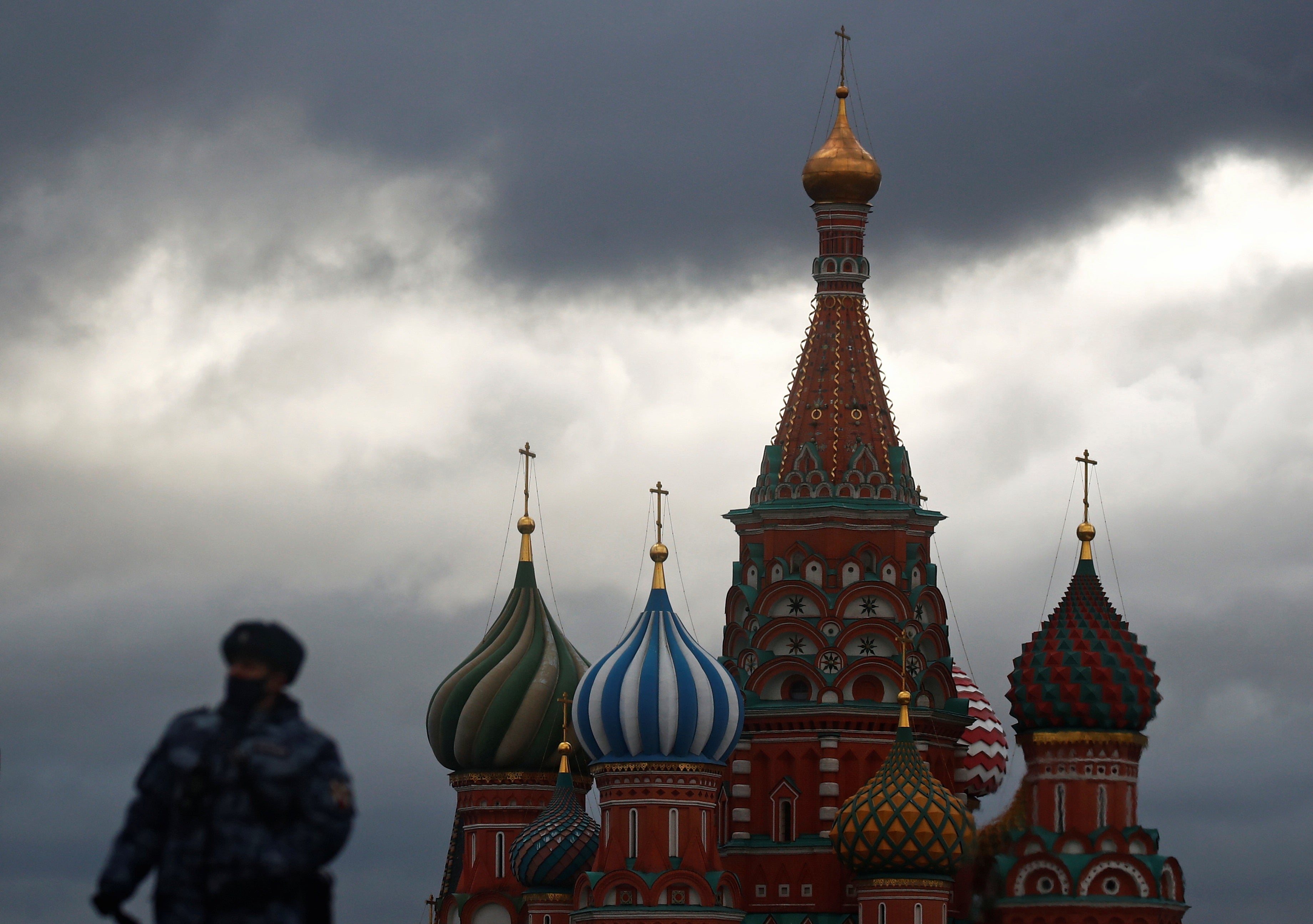Russia threatens to block Twitter, Facebook and YouTube in row over ‘censoring’ pro-Kremlin media
Lawmakers say the US technology giants are discriminating against Russian content

Your support helps us to tell the story
From reproductive rights to climate change to Big Tech, The Independent is on the ground when the story is developing. Whether it's investigating the financials of Elon Musk's pro-Trump PAC or producing our latest documentary, 'The A Word', which shines a light on the American women fighting for reproductive rights, we know how important it is to parse out the facts from the messaging.
At such a critical moment in US history, we need reporters on the ground. Your donation allows us to keep sending journalists to speak to both sides of the story.
The Independent is trusted by Americans across the entire political spectrum. And unlike many other quality news outlets, we choose not to lock Americans out of our reporting and analysis with paywalls. We believe quality journalism should be available to everyone, paid for by those who can afford it.
Your support makes all the difference.Russian lawmakers opened a new front against the internet on Thursday by announcing plans to block any services deemed to “censor” local media.
The legislation would grant authorities conditional powers to block access to sites such as Youtube, Twitter and Facebook — either fully or partially. Proposing MPs said they had been moved to act following complaints about “facts of censorship” from US technology providers.
The bill seems almost certain to pass after attracting the public support of the Kremlin.
In his daily briefing with journalists, spokesperson Dmitry Peskov said Moscow needed new ways of counteracting “censorship” by western technology. “Of course, this requires careful study,” he said. “I think that in the process of debating the draft law we will find the right mechanism.”
The proposal by Russian legislators appears to be directed against new efforts by US technology giants to prevent abuse and properly identify fake news and propaganda. It came a day after state media regulator Roskomnadzor demanded YouTube remove restrictions supposedly placed on programmes produced by the prominent state TV propagandist Vladimir Solovyev.
“From October this year, [Solivyev’s] channel no longer appears in trending lists, whereas before it was often displayed there,” the regulator claimed.
Russians — especially younger generations — are shifting away from state television to consuming media on new platforms such as YouTube and Instagram. The Kremlin came late to the internet, but is now looking to assert dominance over information flows there too. Its interventions have occasionally appeared clumsy.
Opposition circles reacted to news of the proposed bill in mocking tones. Alexei Navalny, still recovering in Germany from his novichok poisoning, said the Kremlin had already lost control over technology. “Great, let them pass the bill as soon as possible and everyone will finally install VPN proxy servers,” he wrote in a tweet.
Moscow has a mixed record when it comes to regulating the work of western technology firms. A 2014 law obliging all providers to store Russian citizens’s data locally is still largely ignored. LinkedIn remains the one high-profile casualty of enforcement attempts — accessible only via proxy servers to this day — but larger tech firms such as Facebook and Google were considered too big to block.
In 2018, Moscow attempted to close down the messenger app Telegram after it refused to share backdoor keys with security services. A lengthy technological confrontation followed. With Telegram hiding its data behind dynamic IP addresses, the Russian media regulator engaged in an absurd and elusive search, turning off large chunks of the internet in the process. Eventually, the regulator gave up and reversed its decision to block the app.
Then, last Friday, in what appeared a remarkable twist, the regulator unveiled its own Telegram account.


Join our commenting forum
Join thought-provoking conversations, follow other Independent readers and see their replies
Comments